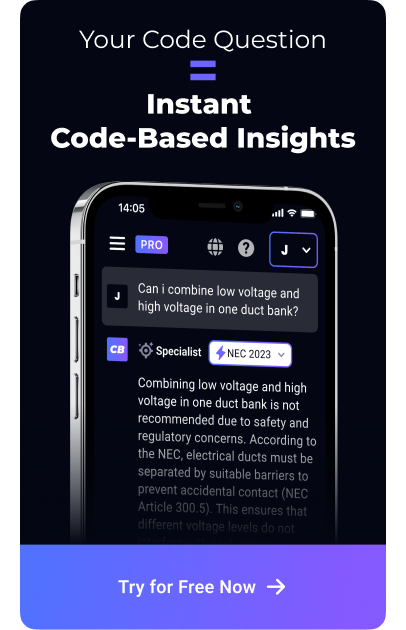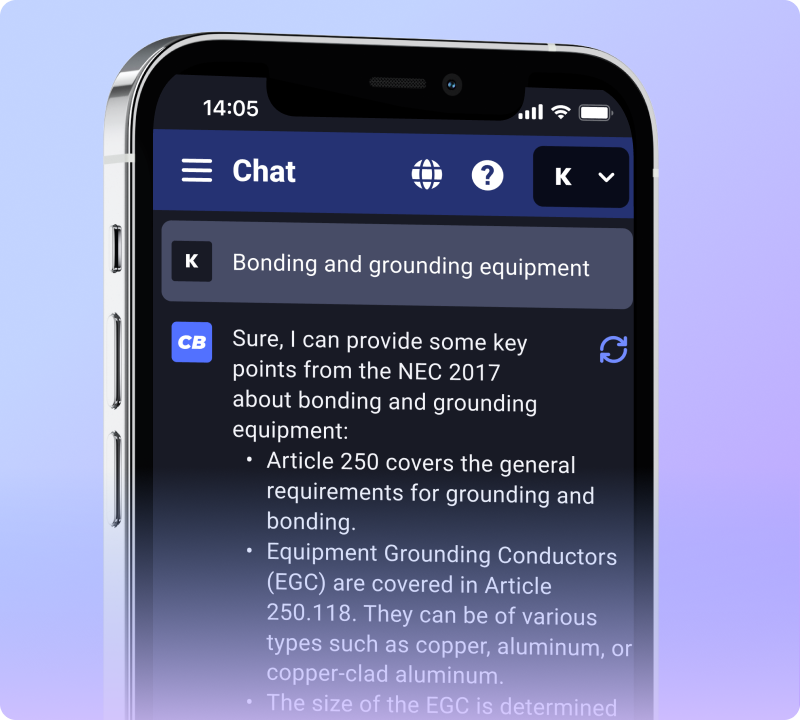Dealing with outdoor wiring can be tough. One important fact is that outdoor wiring code compliance is a must. This article will guide you through the rules and tips you need to know.
Keep reading for essential advice.
National Electrical Code (NEC) Rules for Outdoor Wiring
The National Electrical Code (NEC) outlines specific rules for outdoor wiring. These regulations ensure safety and efficiency in all outdoor electrical installations.
Covers and boxes
Covers and boxes play a crucial role in outdoor wiring code compliance. These components protect electrical connections from moisture and debris. Use weatherproof covers for outlets exposed to the elements.
They prevent water intrusion, which can cause short circuits or fires.
Ensure junction boxes meet NEC guidelines for outdoor use. They must have proper sealing and be watertight to protect against rain and snow. Follow all regulations when selecting enclosures for exterior lighting and power outlets.
Making these choices ensures safety in your installations while maintaining compliance with residential wiring standards. Next, let’s explore GFCI requirements that keep outdoor electrical systems safe.
GFCI requirements
GFCI requirements play a crucial role in outdoor wiring. These devices protect against electrical shocks by cutting off power when they detect ground faults. Outdoor outlets must have GFCI protection, as moisture can increase the risk of electric shock.
Install GFCIs for all exterior receptacles and any outlets near water sources. Ensure compliance with the National Electrical Code (NEC) standards for these installations. Electricians should place GFCIs in accessible locations to facilitate easy testing and resetting.
Regular maintenance checks on these devices enhance outdoor electrical safety.
Wire gauge requirements
Wire gauge requirements play a crucial role in outdoor wiring. Use the correct wire size to ensure safety and efficiency. For most outdoor circuits, 12-gauge wire works well for general use.
If your project involves high-power devices, consider upgrading to 10-gauge wire.
Outdoor low voltage wiring standards allow for smaller gauges like 14 or 16 when using fixtures that require less energy. Always check local regulations as they may have specific requirements regarding wire gauge and materials used for waterproof electrical wiring projects.
Next, let’s explore GFCI requirements in detail.
Tips for Outdoor Wiring Code Compliance
Proper outdoor wiring requires attention to detail. Electricians must follow the latest guidelines and prioritize safety during installation.
Call before you dig
Calling before you dig is essential for outdoor wiring projects. This simple step prevents accidents and damage to underground utilities. Many states have a toll-free number for marking utility lines.
Electricians should always take the time to make this call.
Following this guideline helps ensure code compliance and safety standards are met. It also protects homeowners from costly repairs due to accidental disruptions of services like electricity or water.
Understanding these regulations sets a solid foundation for any outdoor electrical installation project. Moving forward, we’ll discuss following NEC guidelines closely to ensure full compliance with the National Electrical Code rules.
Following NEC guidelines
Following NEC guidelines ensures electrical code compliance. Electricians must adhere to the National Electrical Code (NEC) for outdoor wiring regulations. The NEC outlines specific requirements for covers and boxes, which protect connections from moisture and physical damage.
GFCI requirements safeguard against electrical shock in wet locations like outdoor outlets.
Proper wire gauge is crucial for safe operation. Using the right size prevents overheating and potential fires. Regular maintenance helps identify any issues before they become serious problems.
Adhering to these codes not only promotes safety but also enhances the overall integrity of outdoor electrical installations.
Proper grounding
Proper grounding is crucial for outdoor electrical wiring safety. It protects both people and equipment from electric shock and damage. Install ground rods at least eight feet deep in the earth.
Connect these rods to the system using a copper or aluminum wire, ensuring it meets NEC requirements.
Use proper grounding methods for all outdoor power outlets and lighting fixtures. Ensure that GFCI outlets are grounded correctly as well. This step helps prevent code violations during inspections.
Ensuring proper grounding sets a solid foundation for your project before moving on to conduit use and AFCI protections.
Use of conduit and AFCI
Proper grounding sets the stage for safe outdoor electrical installations. Using conduit and AFCI (Arc Fault Circuit Interrupter) plays a vital role in protecting outdoor wiring. Conduit shields wires from moisture, pests, and physical damage.
It is essential to follow local codes regarding conduit materials and installation depth.
AFCIs detect dangerous arcs that can cause fires. They promote safety in areas where outdoor outlets are located. Electricians must ensure these devices meet the latest regulations for outdoor use.
By adhering to proper conduit and AFCI guidelines, you maintain code compliance and enhance electrical safety standards.
Regular maintenance and inspections
Regular maintenance and inspections ensure outdoor electrical code compliance. Inspect all outdoor wiring regularly for signs of wear or damage. Look closely at junction boxes, outlets, and any exposed wiring.
Replace faulty components promptly to maintain safety standards.
Conduct yearly inspections on GFCI outlets to verify their functionality. Check that grounding requirements meet NEC guidelines. Following outdoor electrical installation guidelines can prevent hazards like shorts or outages.
Regular maintenance helps keep your system safe and compliant with exterior lighting codes and other regulations.

